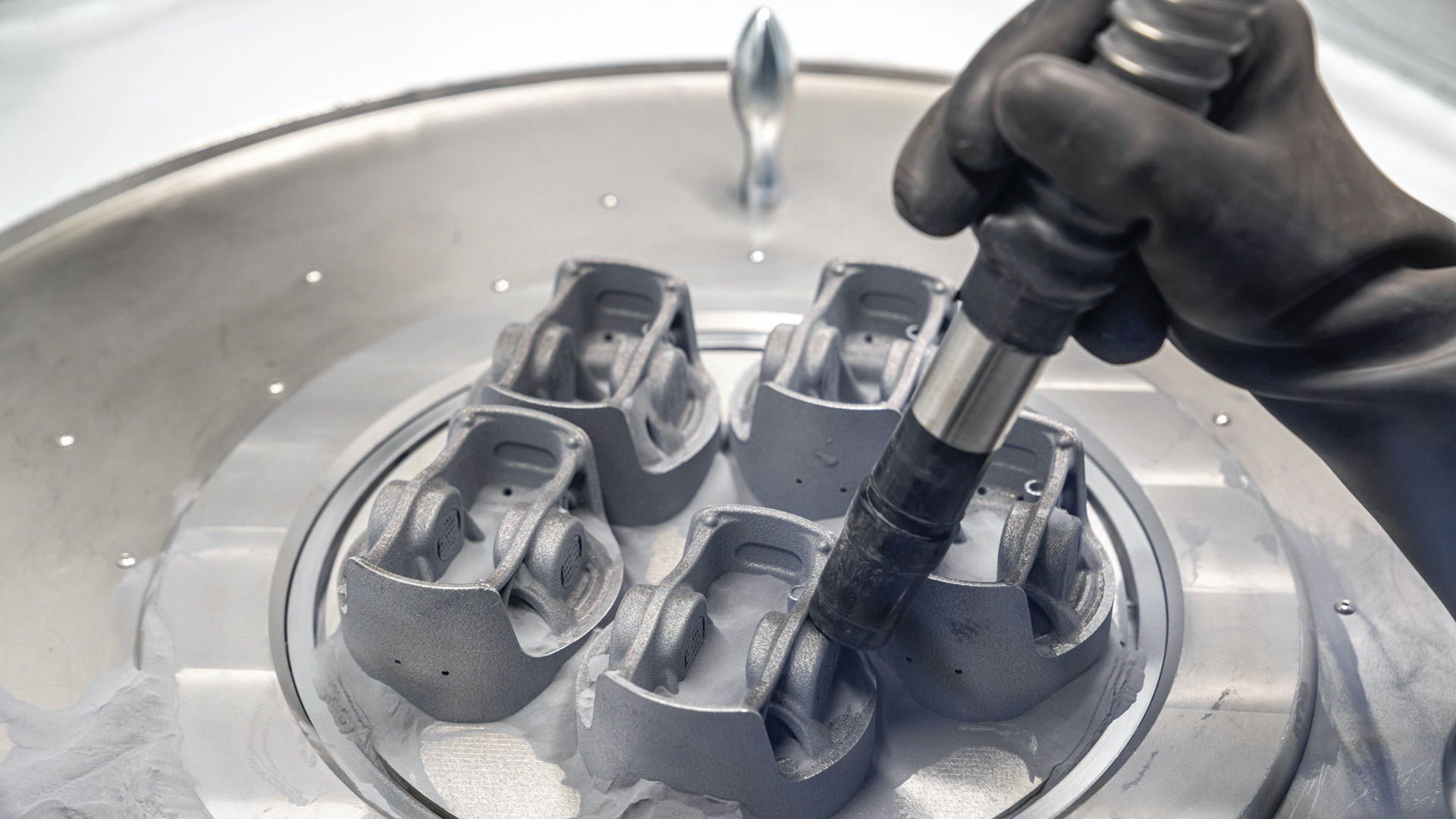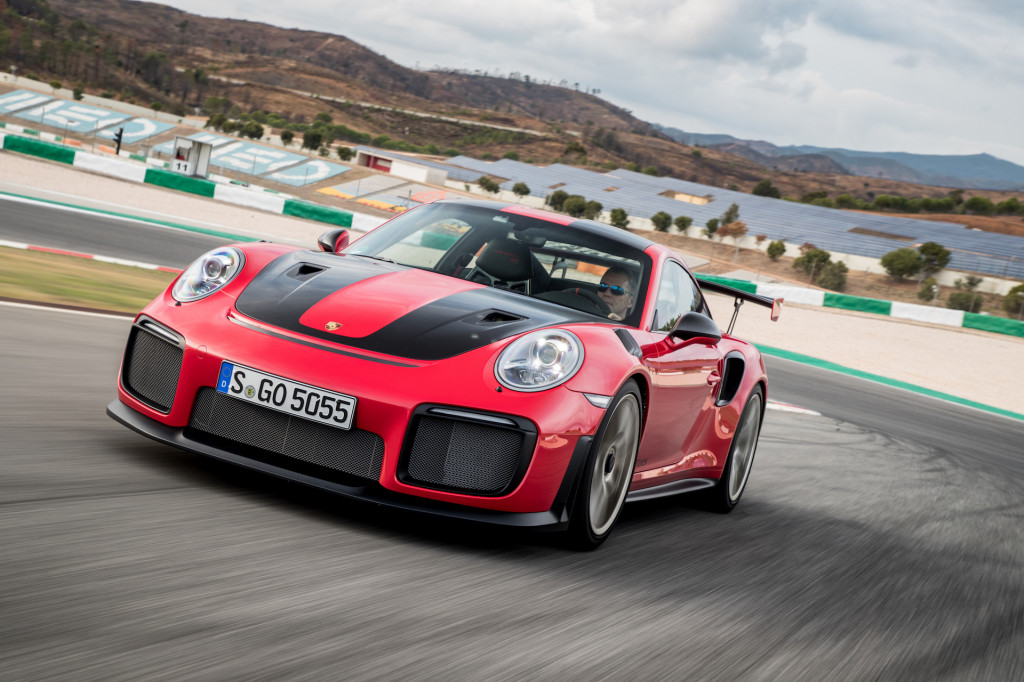
The process of 3D printing makes it possible for automakers
to develop parts that conventional production methods just can't achieve. This
is particularly true when it comes to metal components which can be made with
extremely complex shapes with 3D printing, and this in turn can deliver real
benefits.
Porsche for several years has been using 3D printing for
low-volume manufacturing, such as building parts for classic car restorations
or one-off parts for prototypes. Recently, though, the automaker has
experimented with 3D printing highly-stressed drivetrain components,
specifically the pistons that go into the 991-generation
911 GT2 RS.
With 3D printing, Porsche was able to design a piston that
weighs 10% less than a conventional forged piston, as well as integrate a
closed cooling duct in the piston crown. This might not seem like a remarkable
achievement but it means Porsche could increase the engine revs, lower the
temperature load on the piston, and optimize the combustion process. The result
is improved efficiency and performance, according to Porsche.
In the case of the 911 GT2 RS, the use of 3D-printed pistons
saw power increase by 30 horsepower to a new total of 730 hp.
In a release issued earlier this week, Porsche said the
quality and performance of the pistons were validated. The automaker didn't say
if they were going to be used in a production model, however.
Porsche already uses 3D-printed seat components in the
latest 911 and 718 sports cars. Fellow Volkswagen Group brand Bugatti is also 3D
printing low-volume components for its hypercars. And taking the
concept to the extreme is America's Czinger which in March unveiled a hypercar
that uses 3D
printing for almost every metal component.
by Viknesh Vijayenthiran
http://www.boscheuropean.com

No comments:
Post a Comment